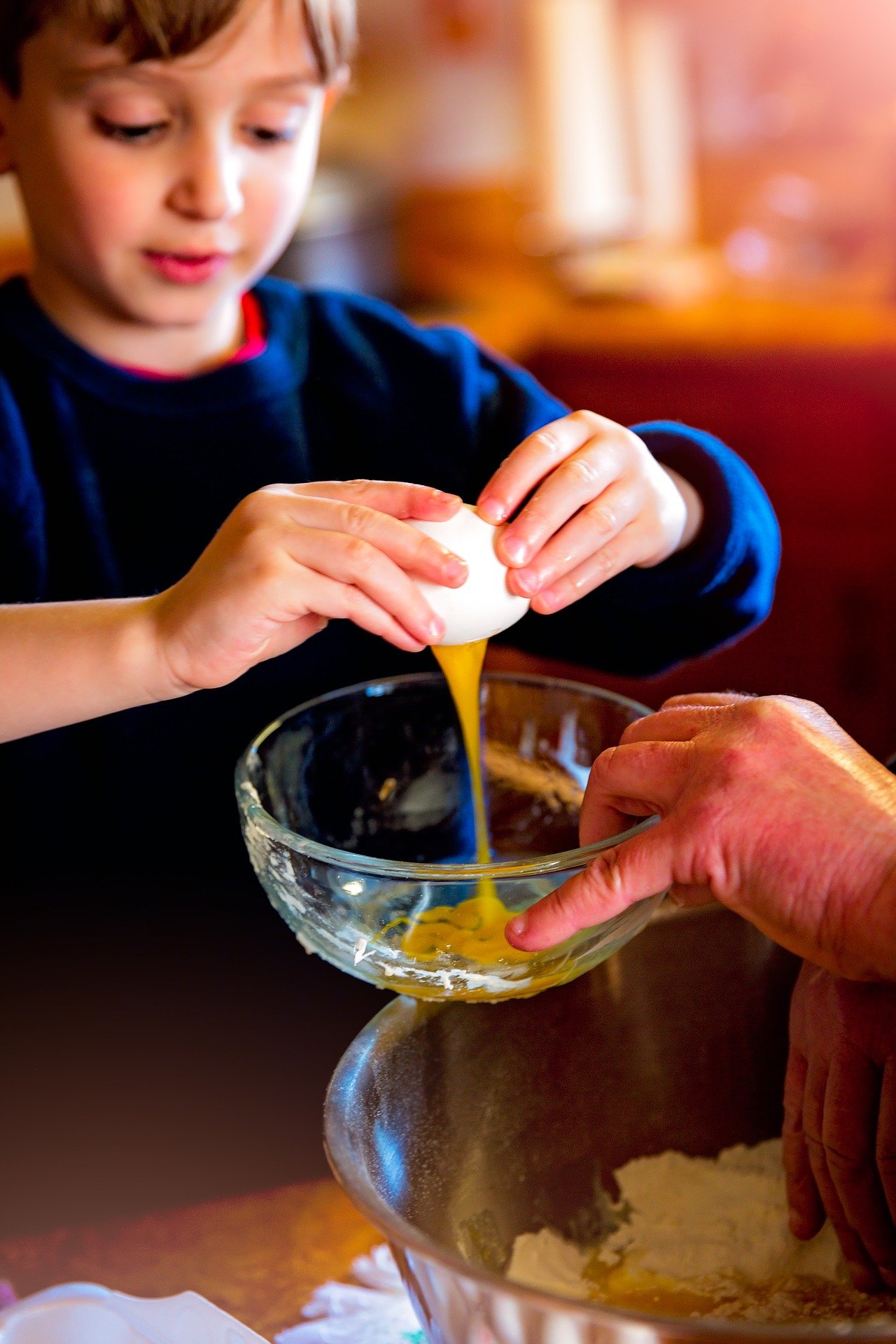Long before your child starts talking, their brain’s language center is already learning and building skills. As a parent or caregiver in the Orlando area, there are many things you can do to give your child the tools they need to build their speech and language skills.
Narrate
 If you want to provide your child with lots of language skills, simple talk or narrate what you are doing. According to Scientific America:
If you want to provide your child with lots of language skills, simple talk or narrate what you are doing. According to Scientific America:
At birth, the infant brain can perceive the full set of 800 or so sounds, called phonemes, that can be strung together to form all the words in every language of the world. During the second half of the first year, research shows that a door opens in the child’s brain. The baby enters a “sensitive period,” as neuroscientists call it, during which the infant brain is ready to receive the first basic lessons in the magic of language.
Read
It doesn’t even have to be a book, reading just about anything allows your child to be exposed to language. Dr. Andrew Meltzer, Department of Psychology at University of Washington, found “that young children who follow the direction of an adult’s gaze pick up more vocabulary in the first two years of life than children who do not track these eye movements.”
Mimic
Copy the sounds and faces your child makes, even their babble. Make animal sounds and watch your child try and mimic you. This not only motivates them to speak, it also allows them to practice moving their mouth muscles and their new skills. Scientific America goes on to say:
The built-in capacity for language does not on its own propel the child past the first utterances of “mama” and “dada.” To learn this most important of social skills requires that a baby pay careful attention to countless hours of parent-speak. Insights from research into early language acquisition have reached a degree of sophistication that has enabled neuroscientists to contemplate the possibility of using brain recordings to test whether a child’s brain is developing as it should.


